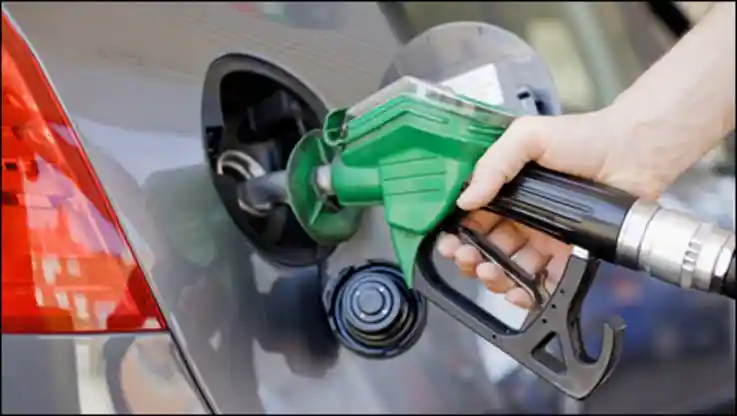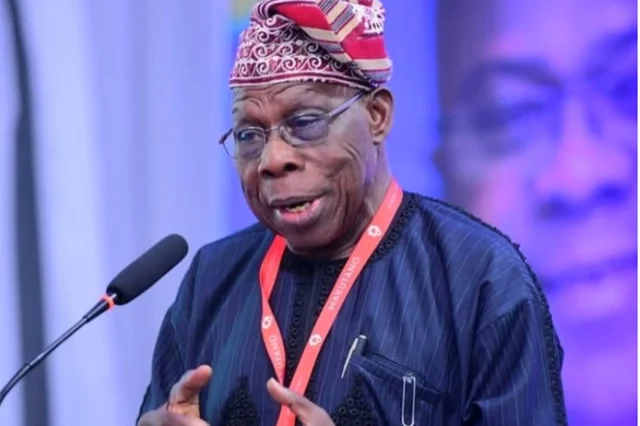Advertisements
Obasanjo Faults Tinubu’s Approach to Fuel Subsidy Removal.
Former President Olusegun Obasanjo has openly criticized President Bola Tinubu’s handling of the fuel subsidy removal, labeling it as poorly executed and a contributor to the country’s escalating inflation. In a recent interview with the Financial Times, Obasanjo argued that the Nigerian government should have put measures in place to mitigate the economic impact before implementing the subsidy removal.
Obasanjo highlighted that the abrupt removal of the subsidy in June 2023 by Tinubu’s administration has, in effect, been undone by the resultant inflation. “There’s a lot of work that needed to be done, not just wake up one morning and say you removed the subsidy,” he asserted. “Because of inflation, the subsidy that we removed is not gone. It has come back.
Advertisements
The former president emphasized the necessity for Nigeria to transition from a transactional to a transformational economy to foster investor confidence and address the growing unrest among the nation’s youth, exacerbated by high unemployment and a lack of skills.
Obasanjo also criticized the management of state-owned refineries, revealing that Shell had declined to invest in Nigerian refineries during his presidency due to concerns over corruption and inadequate maintenance. “When I was president, I invited Shell and asked them to take equity participation and run our refineries. They refused, citing poor maintenance and corruption,” he stated. “They said there’s too much corruption with the way our refinery is run and maintained. They didn’t want to get involved in such a mess.
Advertisements
He expressed skepticism about repeated promises to rehabilitate the state-owned refineries, questioning their validity and the costs involved. “How many times have they told us that? And at what price?” he asked. “Those problems, as far as the government refineries are concerned, have never gone. They have even increased.

Obasanjo’s remarks come as a response to Nigerian National Petroleum Company (NNPC) Group Chief Executive Officer Mele Kyari’s announcement earlier this year. Kyari had promised that some of the refineries would start production by the end of March, a deadline that was not met. He has since set a new timeline, stating, “Specific to NNPC refineries, it is impossible to have the Kaduna refinery come to operation before December. However, the Port Harcourt refinery is expected to commence production in early August this year.”
Additionally, Obasanjo raised concerns about potential sabotage of the Dangote Petroleum Refinery, suggesting that individuals benefiting from Nigeria’s fuel importation industry might attempt to undermine its success.
Aliko’s investment in a refinery, if it goes well, should encourage both Nigerians and non-Nigerians to invest in Nigeria. If those who are selling or supplying refined products for Nigeria feel that they will lose the lucrative opportunity, they will also make every effort to get him frustrated,” he warned.

